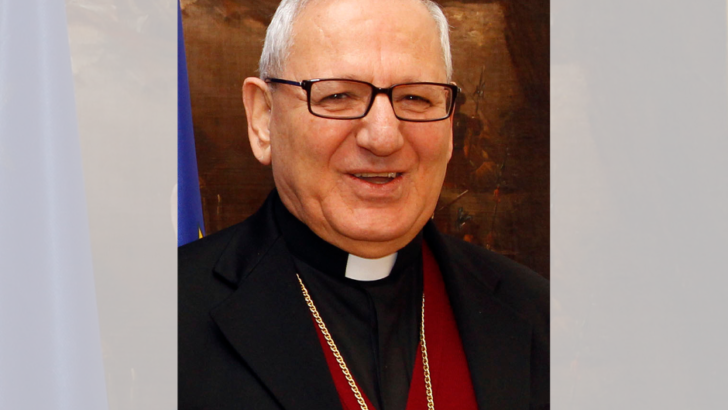Erbil (KNA) Cardinal Louis Raphael Sako has criticised the failure of Iraqi politics to protect the country’s citizens and in particular its Christian minority. “The state of instability and lack of justice has once again fuelled the flow of migration,” lamented the patriarch of Iraq’s numerically largest church, the Chaldean Church, in an article published on Wednesday.According to the head of the Eastern Catholic Church, there is “no strategy, no security, no economic stability and no sovereignty” in Iraq. The result is a weakening of state institutions, a decline in values, increasing corruption and unemployment as well as a general deterioration in the living situation. Sako renewed his call for “genuine national reconciliation” and the establishment of a strong civil state based on the rule of law.He expressed concern about ongoing attacks, forced conversions and expressions of hatred against Christians, who have already suffered from displacement, kidnapping and murder by the Islamic State (IS) terrorist group since 2003. The government does not take the protection of Christians seriously. Sako cited several murders of Christians and the failure to deal with the fire disaster in Karakosh, in which 133 people were killed and more than 100 others injured last September, as concrete examples.More than one million Christians have already emigrated, “most of them with qualified scientific, economic and professional backgrounds, but who cares?” said the patriarch. Fear of the future has recently led to a renewed increase in emigration.Sako called on Christian parties and churches to unite in order to form a joint crisis team to overcome the challenges and protect the Christians. The Iraqi Christians need “genuine and honest allies from inside and outside in order to change the situation for the better and publicly demand their rights in the media and international forums (…)”.His hope that the papal nuncio could play a positive role in the reunification did not materialise. The Vatican representative had “not tried to understand the Eastern mentality and culture of the country and is therefore torn between his diplomatic and ecclesiastical tasks”.
Cardinal Sako warns against Christian migration from Iraq
 Cardinal Louis Raphael Sako
Cardinal Louis Raphael Sako 

